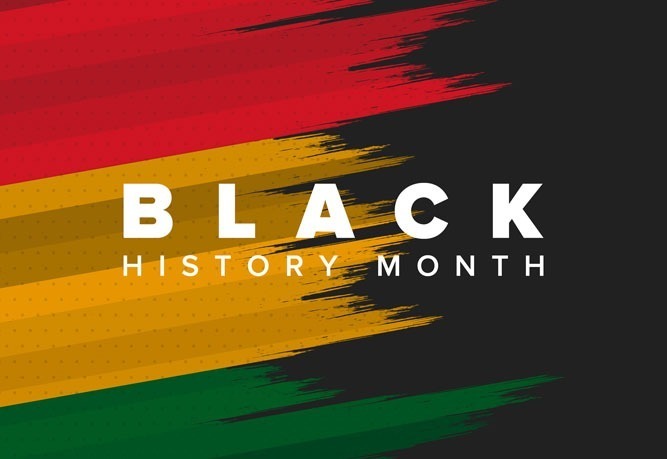First conceptualized in 1925 by historian Carter G. Woodson and other prominent African Americans, Black History Month is an annual celebration to recognize the achievements of African Americans in the U.S.
Since 1976, every U.S. president has officially designated February as Black History Month (coinciding with the birthday month of both Abraham Lincoln and Frederick Douglass), and additional countries around the world, including Canada and the United Kingdom, also devote a month to celebrating black history.
One of the most impactful ways your organization can celebrate this month, and truly make an impact, is by developing and/or updating your Diversity, Equity and Inclusion (DEI) initiatives within the workplace. Here, we explore the importance of DEI and the value it brings to your organization.
The Definition of DEI Today
It is important to understand the true definition of DEI, as it is expanding. No longer are “diversity, equity, and inclusion” simply buzzwords, centering around reaching demographic quotas, or amounting to no more than mandatory annual trainings.
Nor does DEI imply that we should not acknowledge our differences. Instead, DEI in the workplace today are mutually reinforcing principles within an organization, focused on understanding the importance of your employees’ identities, honoring their differences, and digging deep to find any systemic inequity hidden in your company culture. The true meaning of DEI today is as follows:
- Diversity – having an organization where a variety of social and cultural characteristics exist, including the presence of people from a wide range of identities, with different perspectives and experiences within a given setting. In the workplace, this generally refers to the psychological, physical, and social differences among individuals.
- Equity – everyone has access to the same treatment, opportunities, and advancement. Equity aims to identify and eliminate barriers that prevent the full participation of some groups, ensuring equally high outcomes for all and removing any correlation between success or failure and social or cultural factors.
- Inclusion – employees feel a part of their team and the larger organization, no matter what their identity, working in an environment of acceptance and respect where the organization harnesses the benefits of different ideas, experiences, and perspectives.
The Value of DEI in Business
“Research makes it increasingly clear that companies with more diverse workforces perform better financially.” A study by McKinsey & Company and SHRM evaluated the performance of organizations with different levels of workplace diversity, finding that organizations that exhibit gender and ethnic diversity are 15%-35% more likely to outperform less diverse organizations, bringing increased revenue, more customers, and higher profits. An additional study from Unrealized Impact shows that diverse teams translate to higher rates of staff satisfaction and retention, creating greater opportunities for innovation. What tangible value does DEI create?
- Customer retention and growth – research proves that teams are 158% more likely to understand target customers when they have at least one member who represents their target’s gender, race, age, sexual orientation, or culture.
- Revenue growth – companies with higher diversity in management earned an average of 38% more revenue than companies with lower diversity. Additionally, organizations in the top 25% when it comes to gender diversity among executive leadership teams are 21% more likely to be profitable and 27% better at creating value.
Simply put, reinforcing robust DEI programs helps every employee to show up each day and be their true selves, fostering higher degrees of engagement, productivity, and innovation that contribute to increased revenue and success.
Which is why Accurate CEO Tim Dowd recently said, in an interview with HR Daily Advisor when discussing 2021 business trends, “With such a volatile [past] year in terms of social justice, companies need to put an even greater focus on DEI in 2021 – identifying their individual and collective perspective, identity, values, and culture, and then evaluating how the dynamics of DEI can adapt and strengthen their business strategy.”
During this significant month of celebrating African Americans and the tremendous impact and contributions they have bestowed upon our country, it is important to stress the value of diversity, equity and inclusion within your organization, understanding the countless benefits it brings to business on numerous levels.
After all, “A diverse mix of voices leads to better discussions, decisions, and outcomes for everyone.” — Sundar Pichai, CEO of Alphabet.



